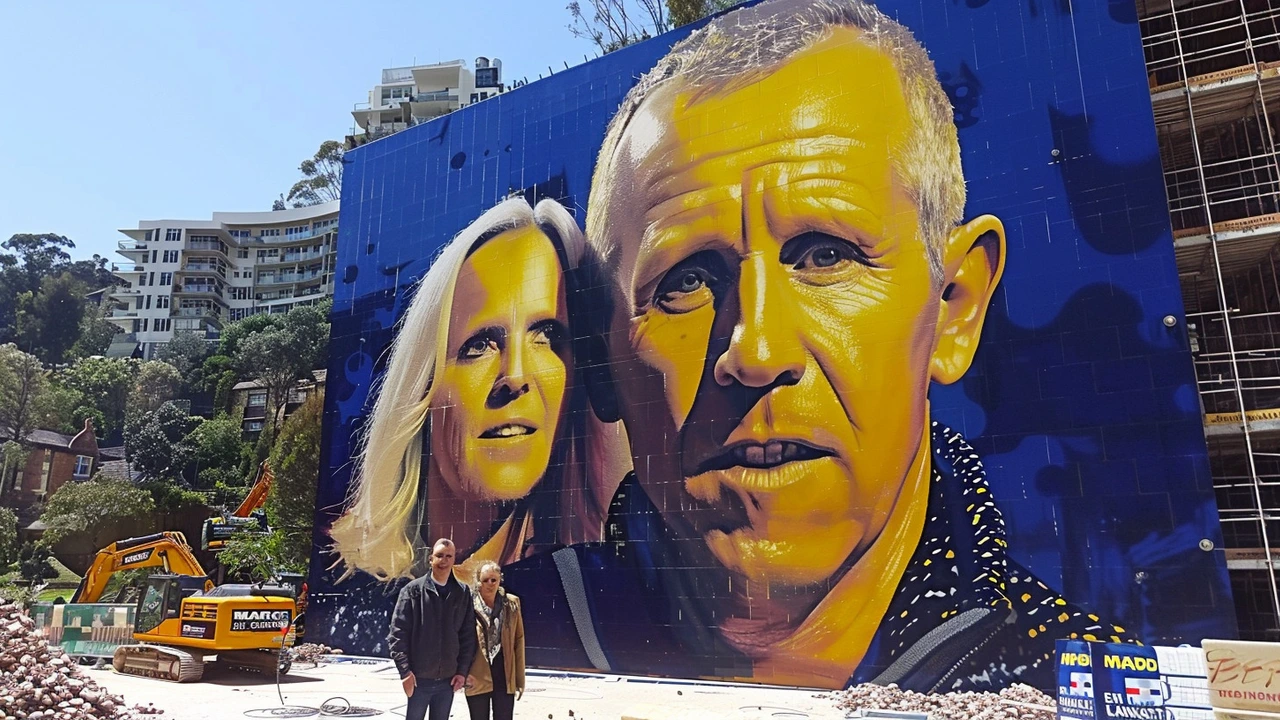What You Should Know About Motor Neurone Disease (MND)
Motor Neurone Disease, or MND, is a serious condition that affects the nerves responsible for controlling muscles. It gradually weakens the muscles, making everyday actions like walking, talking, and breathing harder over time. Though many people might not have heard much about MND, understanding it can help those affected and their families better manage the challenges it brings.
Recognizing the Signs and Symptoms
MND often starts with muscle weakness or stiffness, usually in the hands, feet, or legs. You might notice difficulties with gripping, climbing stairs, or drooling because the muscles that control these actions get weaker. Speech issues and changes in swallowing can also develop. Importantly, MND doesn’t usually affect one’s thinking or memory, but the physical toll is significant.
The Current State of Treatment and Research
While there is no cure for MND yet, treatments focus on improving quality of life. This includes therapies to help with movement and speech, and devices like ventilators for breathing support. Scientists are actively researching what causes MND and looking for better treatments. New studies offer hope by exploring genetic factors and potential drugs to slow disease progression.
If you or someone you know is showing early signs of muscle weakness, it’s best to consult a healthcare professional quickly. Early diagnosis can help start supportive care sooner and provide access to helpful resources.
With more awareness and ongoing research, the outlook for those dealing with MND can slowly improve. Stay informed and connected to support networks, as facing MND is much easier when you’re not alone.

Rob Burrow's Legacy Lives On: MND Centre Construction Begins in Leeds
The family and friends of rugby league legend Rob Burrow have started construction on an MND treatment centre at Seacroft Hospital, Leeds, following his passing. Funded by millions raised by Burrow and his friend Kevin Sinfield, this centre aims to provide much-needed support for MND sufferers. Tributes continue to pour in, celebrating Burrow’s legacy.